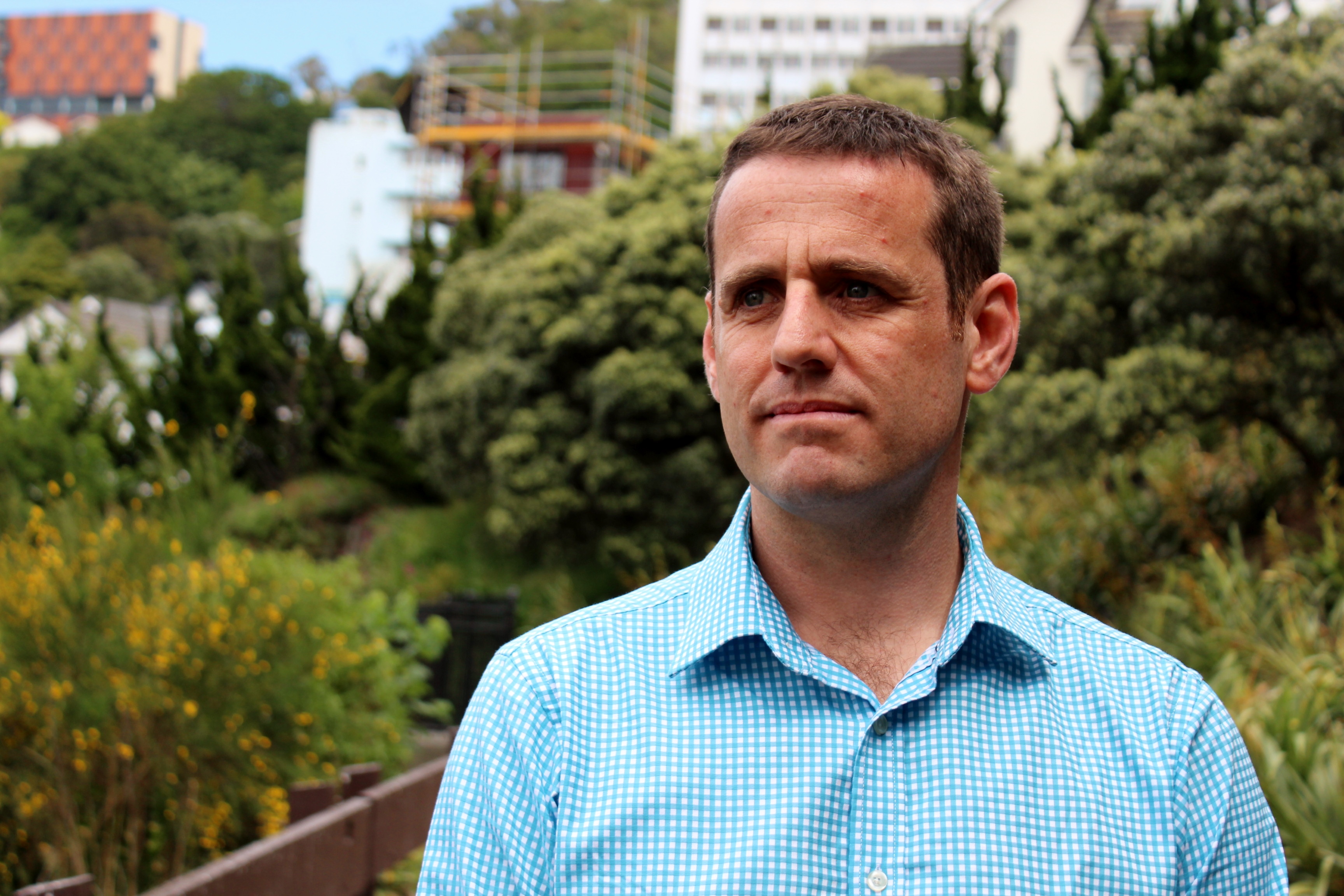A just-released OECD report on New Zealand calling for a more active role for the government in supporting redundant workers prompts a welcome debate, the CTU said today.
“Working people have borne the brunt of the changing nature of work – not only through increasingly insecure jobs which are often low paid, but also, as the OECD correctly identifies, by shouldering most of the costs of economic restructuring themselves,” CTU Secretary Sam Huggard said.
“Just like a family rallies around its members when they are in hard times, so too should we as a country when workers face an economic shock like redundancy.”
“Our social security system should recognise that there is a collective responsibility to protect the security of working people and their families when their jobs are taken off them in a highly insecure job market.
“At the moment we offer a minimalist, inadequate safety net: New Zealand has among the lowest income replacement levels in the OECD.”
“Many workers in unions have successfully negotiated redundancy support, but there should be a minimum base for all workers. The CTU proposes redundancy payments for all workers set at 4 weeks payment for the first year plus 2 weeks for each year thereafter up to a maximum of 26 weeks’ pay.”
“The CTU stands for good jobs with decent pay, and a strong social security system for workers in times of need. We look forward to political parties taking a firm stand on these issues this election year,” Sam Huggard said.
Background: For more information about the CTU’s views on the role of an active state in supporting working people, please see the section “A capable state: real social security” in the CTU’s submission to the Future of Work Commission last year.
